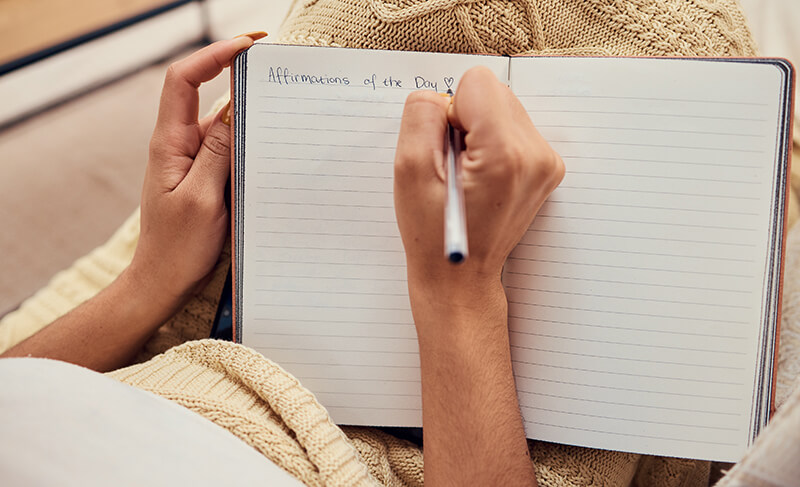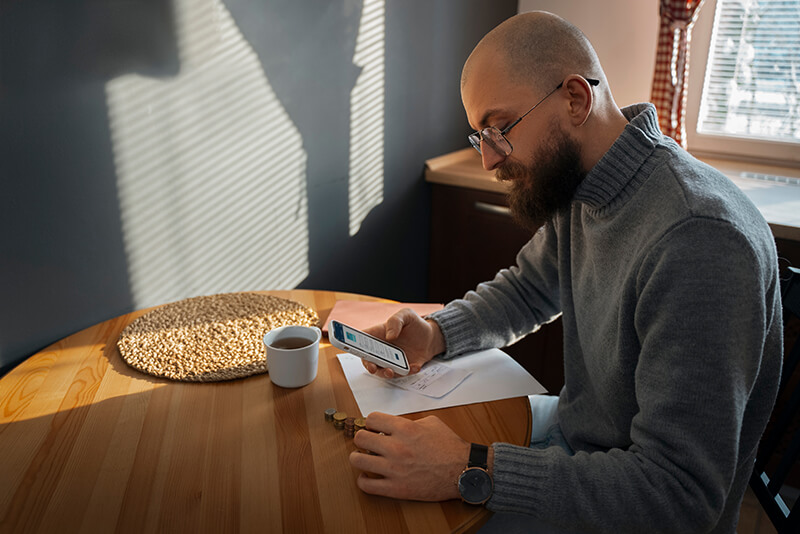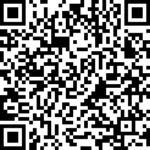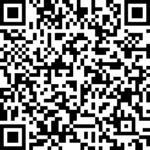Have you ever had a bad day and thought no one would hear your story? So you reach for alcohol just to… unwind and then think, “Is this really helping? What do I need right now?” This tug inside your mind? It’s not an inner critic but clarity.
Well, good news? There’s always someone. You. Yeah, that’s right. You’re always there with yourself to hear your thoughts, know your feelings, and resolve your inner conflicts.
Some tools can help you get it louder, prominent, and helpful. They aid you in listening to yourself. Some tools like… journaling.
So what if your relationship with alcohol isn’t about control but a connection to yourself?
The Power of Picking Up Your Pen
At first, journaling might not bring any change. Random words and a swirl of thoughts are scribbled on the paper or any writing tool. However, as you continue, you’ll soon see a massive shift in your cravings.
Words will start making sense as much of our drinking patterns reside inside the unconscious mind, and journaling is one of the effective tools to bring them to the light.
Let us explain this in a bit of a nerdy way through alcohol psychology! What happens in your brain as you journal?
Researchers say that through writing your thoughts and feelings, you’re labeling them, known as “affect labeling.” A study by UCLA neuroscientist Matthew Lieberman found that when people label their emotions, they reduce the brain’s emotional alarm system, which helps regulate their reasonable mind.

Meaning? Writing down, “I am feeling anxious,” helps calm anxiety. It brings your emotions to conscious awareness and then to the action level. This way, these emotions are met, not suppressed.
Applying this to drinking phenomena, often, we don’t need alcohol itself but to soothe our emotional triggers, to provide relief, or a distraction. Journaling helps slow this rut and find the real need underneath this urge. And this is where that “massive shift” happens, from unconscious to conscious.
Moving From Craving to Curiosity
Your patterns are rewired whenever you journal instead of pouring a glass for yourself. You’re teaching your brain new pathways by disturbing that vicious habit loop. Neuroscientist Judson Brewer explains habit hoops, highlighting that cravings live in the brain’s reward-based learning system.
Trigger > Behavior> Reward
The more you repeat a certain behavior, the stronger it becomes entangled in your unconscious mind. However, as mentioned earlier, journaling disrupts this loop and inserts curiosity instead of compulsion.
Instead of a sudden reaction, there’s a pause, and you ask yourself:

- Do I really want this?
- What’s driving me for this urge, boredom, stress, or something deeper?
- Would I be feeling alright after having it?
This holding of a thought helps reshape how your brain responds to stress and alcohol.
Begin Where You’re
Let’s be real; journaling doesn’t need to be perfect, poetic, or coherent. It’s your inner dialogue, make it however you want. Be your Dostoevsky or Kafka. The real power is in being consistent and honest. Even a few minutes a day will provide self-awareness and resilience.
Over time, journaling increases self-trust by providing you with clarity. It also lowers the urges by activating your prefrontal cortex (CEO of your brain) activity, and helps make better decisions. That’s it. One moment of noticing. One moment of pause that might change your whole evening’s habit.
So, no need for fancy grammar, start jotting down whatever comes to your mind. And if words don’t come easily? That’s okay. Even showing up to the page is the practice. You can even start with our 3-4 journaling prompts on the UM app.




